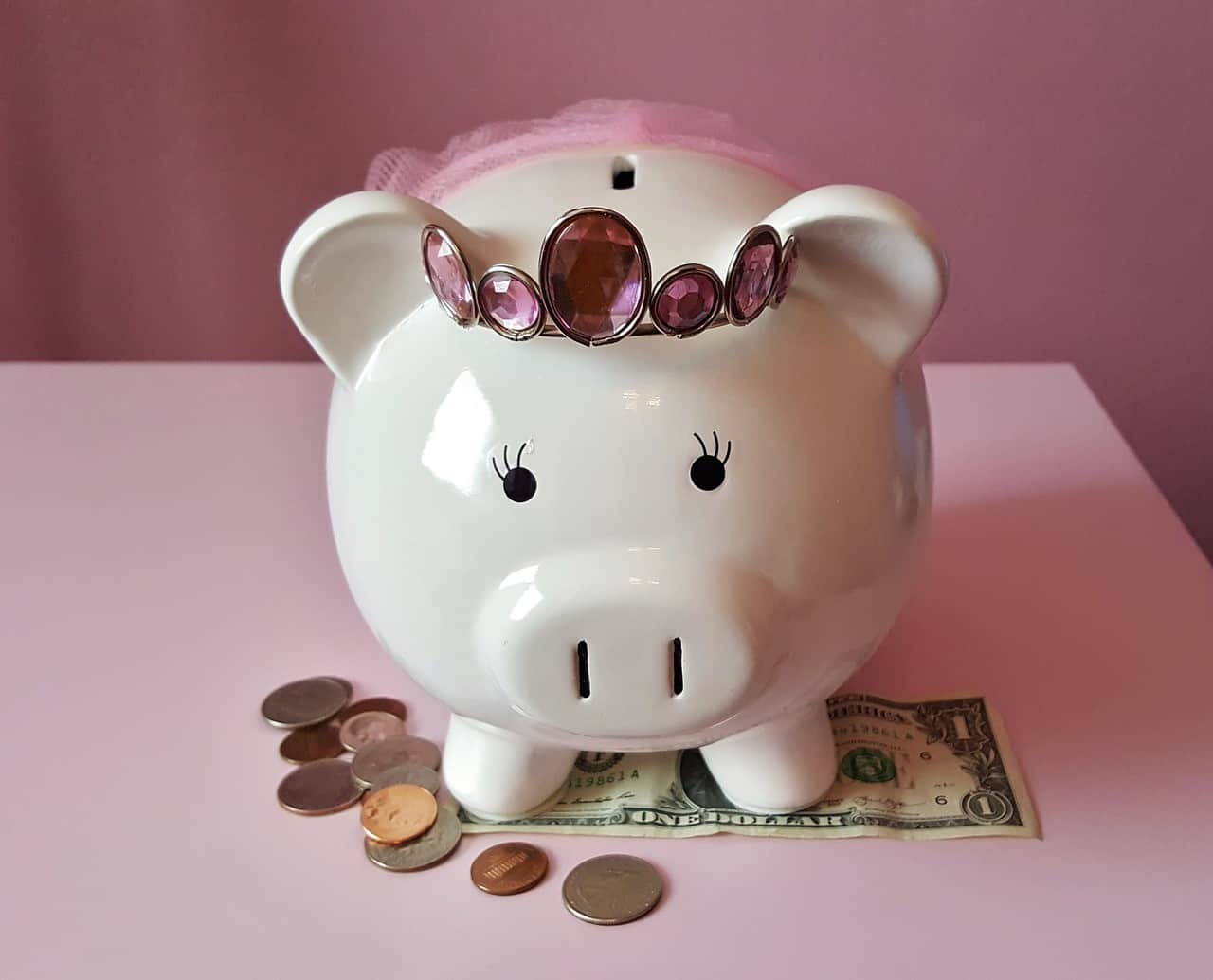Do you need a financial recover plan due to overspending? Have you spent more than you planned on celebrating with family and friends? Did you overspend on gifts or have an unexpected car repair or medical bill? Don’t be too hard on yourself, managing finances is a challenge.
The first step is to learn from the experience and get yourself back on track financially.
Start by listing all your bills and expenses and determine the best way to repay the debt. The goal is to create a personalized plan of action. So, how much do you owe? If you charged items on your credit card or a store card, download all the statements and tally the total amount due. You may also want to look through your bank statements to determine what you spent on other items such as dining and utilities.
Now, look at your personal budget or spending plan. List your expected income and the must pay bills that don’t go away just because you incurred a debt. Housing, car payments, utilities, insurance payments, student loans, and groceries are all required monthly costs. Each person’s list will be unique, so capture as many of these expenses as you can. When your list is complete, deduct the required expenses from your income. The amount left can be used for discretionary spending such as entertainment, clothing, and charitable donations as well as paying off your debt.
What if you don’t have any money leftover or your expenses are currently greater than your income?
Drastic action is required as living beyond your means can be stressful and financially devastating. Can you earn extra income by getting a second job or volunteering to work overtime? Can you lower your housing costs by getting a roommate? To overcome these situations, increasing income, and decreasing costs are likely required in order to pay down debt.
Knowing the amount of discretionary money available helps you determine your priorities. Look carefully at your discretionary spending categories and see where you might be able to save money that can go towards the debt. Instead of a Starbucks coffee every day, you can save $15 each week by making coffee at home and enjoying Starbucks only on Fridays. Can you take your clothing allocation for a month or two and apply it toward the debt instead of buying new clothes? How about eating out less often or at lower cost restaurants? Can you clip coupons and save on grocery costs? In the end, you will have to decide what works for you, but each of these actions could free up some income to help pay down your debts.
If you have a savings account and an emergency fund, you might consider paying off your credit cards and work to rebuild your savings. Make sure you leave enough money in savings to cover any unexpected emergencies or changes in employment. Just as important, don’t add debt on the cards until your savings account balance is repaid.
To recover from overspending, the important thing is to come up with a plan and be committed to executing it.
It will likely take longer than you hope to repay the debt, but persistence is key. Don’t be too hard on yourself, set reasonable goals, and keep money in your budget for a little bit of entertainment and dining. The sooner you can address the problem, the less likely it is to grow.
To learn more, a Financial Management course is available for nannies who enroll in the Professional Nanny certification program.


Recent Comments